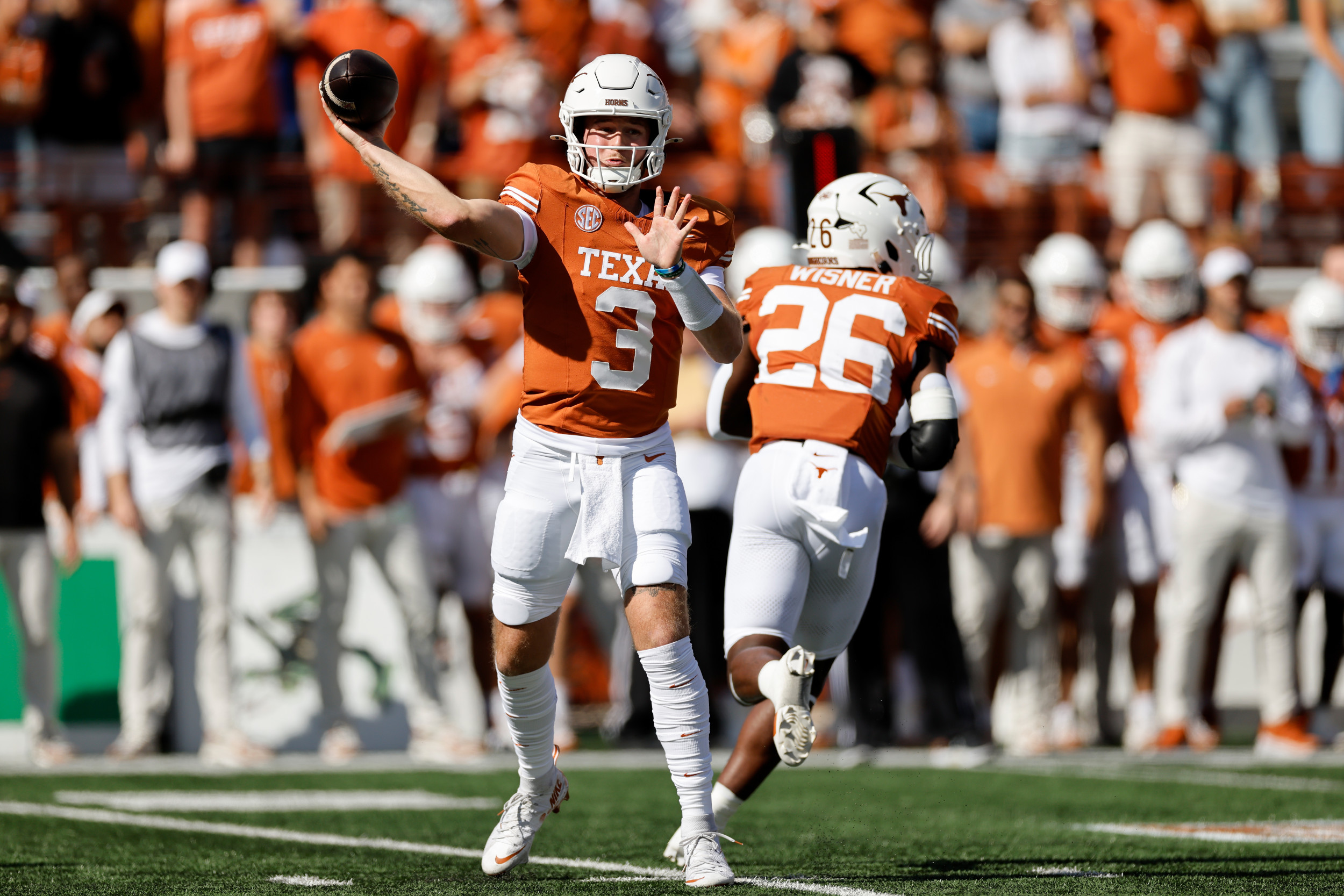What's New
Some Democrats this week have called Elon Musk "president" to criticize his influence over Congress, however, the tech billionaire can't run for the highest office after President-elect Donald Trump's second term because the U.S. Constitution prohibits it.
Newsweek reached out to X, formerly Twitter, via email for comment from Musk on Saturday morning.
Why It Matters
Musk, the owner of car manufacturer Tesla and social media platform X, has been tapped by Trump to lead the proposed Department of Government Efficiency (DOGE) with biotech entrepreneur and former Republican presidential candidate Vivek Ramaswamy, after vocally supporting and financially backing his campaign for president. Many Democratic lawmakers suggest Musk has become more than the future co-leader of DOGE and is functioning as a de facto leader of the Republican Party, given his involvement in the House's spending bill efforts this week.
The House was set to pass an initial bipartisan proposal to keep federal departments funded on Wednesday amid a looming government shutdown on Friday at midnight until Trump and Musk publicly urged Republicans on social media to oppose the bill.
Musk said Wednesday on X that the bill "must not pass" and that any lawmaker who supported the measure should be voted out of office in two years. Congress avoided a government shutdown with a continuing resolution (CR) that keeps federal departments funded until mid-March.

What To Know
A person cannot run for the presidency if they were not born in the United States. Musk was born in South Africa and became a U.S. citizen in 2002. So, Musk cannot be president unless the U.S. Constitution is amended to allow others besides natural-born citizens to qualify for the presidency.
Anthony Michael Kreis, a constitutional law professor at Georgia State University, told Newsweek via social media direct message on Saturday morning, "It's not even an open question. Musk is ineligible. Full stop. And there's a zero percent chance of an amendment."
Philip Bobbitt, a distinguished senior lecturer at the University of Texas at Austin who specializes in constitutional law, told Newsweek via email Saturday afternoon that there is no other way to interpret the citizenship qualification for the presidency.
"The text, history, and precedents are simply too clear. There might be an 'ethical' argument based on an anti-discrimination commitment but arguments from ethos are principally arguments from constitutional tradition," he said.
When asked if there is any chance of the Constitution being amended to allow others besides natural-born citizens to qualify for the presidency, Bobbitt said, "I would say it is most unlikely."
"The bar—2/3 of the states or Congress must call for the amendment and 3/4 of the states must ratify—is very high. Demographic sorting has hollowed out many states, leaving a few coastal states with increasing populations but this has not gone so far—yet—to assure that there are 38 'red' states that might favor a Musk amendment. At present there are 18 pretty reliably blue states, more than the 13 required to frustrate ratification of such an amendment. But that's still relatively close and politics at the moment is undergoing historic changes. In four years—or ten—who can say that these numbers will remain the same," he added.
Although Musk can't legally be president, he can legally be the leader of the House, an idea that Senator Rand Paul, a Kentucky Republican, floated this week.
"The Speaker of the House need not be a member of Congress...Nothing would disrupt the swamp more than electing Elon Musk...think about it...nothing's impossible. (not to mention the joy at seeing the collective establishment, aka 'uniparty,' lose their ever-lovin' minds)," he wrote on X Thursday.
Musk could become the House speaker because one does not need to be a House member to hold the position. The Constitution's only requirement for the speaker of the House is that the person is chosen by members of the House. Thus, Musk could serve as the House speaker if he got the support and votes to do so.
The Speaker of the House need not be a member of Congress . . .
Nothing would disrupt the swamp more than electing Elon Musk . . . think about it . . . nothing’s impossible. (not to mention the joy at seeing the collective establishment, aka ‘uniparty,’ lose their ever-lovin’…
What People Are Saying
Senator Bernie Sanders, a Vermont independent who caucuses with the Democratic Party, wrote on X on Wednesday: "Democrats and Republicans spent months negotiating a bipartisan agreement to fund our government. The richest man on Earth, President Elon Musk, doesn't like it...Billionaires must not be allowed to run our government."
Representative Rosa DeLauro, a Connecticut Democrat, who serves as the ranking member of the House Appropriations Committee, said on the House floor Thursday that Republicans "got scared because President Musk said 'don't do it,'" referring to passing the previously agreed upon proposal.
Representative Jamie Raskin, a Maryland Democrat who is the ranking member of the House Judiciary Committee, wrote on X on Thursday, "This holiday season, House Republicans want to break a bipartisan deal and furlough millions of hardworking federal workers— including 50,000 in my district—to placate the richest man in the world, President-Elect Elon Musk and his VP JD Vance."
Musk replied, "Yup" on Friday to an X post written on Friday that read, "The reason the dems keep saying president musk is they are deliberately trying to drive a wedge between musk and trump, appealing to trump's ego. Would be cool to see trump call them out on their obvious ploy."
Meanwhile, Fox News' Fox & Friends co-host Lawrence Jones said Friday morning that he had spoken with Trump, saying that the ongoing taunts of "President Elon Musk" from Democratic members of Congress do "not bother the president."
What Happens Next
The full extent of Musk's influence over Trump and his power in U.S. politics is yet to be seen, but it has already been proven that a few X posts from him can upend bipartisan agreement even if a government shutdown is on the line.




















 English (US) ·
English (US) ·